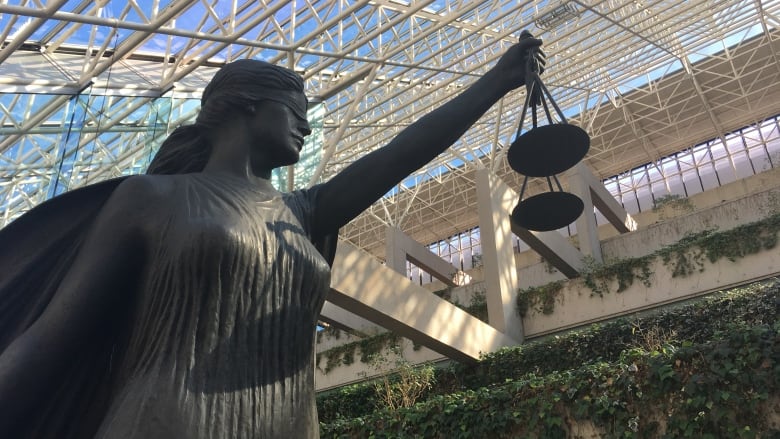B.C. court greenlights class action suit for minors who reported abuse while in government care
In B.C., victims of crimes are entitled to compensation to offset their losses and assist in their recovery

Two B.C. women who say they suffered varying forms of abuse while they were minors and under the care of the government are representatives in a class-action lawsuit that is open to victims of abuse over the past four decades.
The Ministry of Child Development and Family [MCDF], the Ministry of Justice [MOJ], the Public Guardian and Trustee [PGT], and the Worker's Compensation Board [WCB] are all named as defendants.
On Friday, a B.C. Supreme Court judge certified the class action lawsuit, allowing it to proceed. It targets multiple provincial ministries and public institutions, alleging they failed to protect vulnerable children who were victimized while in government care.
The class-action suit is open to people who suffered injury as a result of crime or tort either before or while they were under the guardianship of the B.C. child welfare system between July 1, 1972 and Sept. 17, 2021.
Compensation for victims of crime
The lawsuit arises out of the alleged failure of the defendants to inform the plaintiffs that they were eligible for compensation and other benefits due to the crimes they experienced.
One of the plaintiffs, referred to in court documents as K.S., says she suffered sexual abuse at the age of four and five and further emotional abuse afterwards.
When the MCFD became aware of the situation, K.S. was brought into the foster system. She later became a permanent ward of the Crown and began to live independently at the age of 15, while still under the care of the government, the documents say.
At 17, she says she was assaulted by a classmate.
"At no time prior to this litigation did those social workers or anyone else inform K.S. that as a result of these events, she could make claims for benefits or compensation under crime victim legislation or through a civil suit for damages," says her notice of civil claim.
K.S. also alleges she was never informed, as a minor, whose interests the government was supposed to protect and that she was eligible for counselling and other benefits due to the crime that was committed against her when she was a child.

The second representative plaintiff, M.C., was sexually abused at the age of 14.
"The Injurious Crime caused M.C. injury, including psychological injury, which necessitated and entitled M.C. to benefits and compensation," the claim said.
M.S. claims the MCFD and its agents were aware of the crime committed against her, but never informed her that she was entitled to anything.
In B.C., victims of crimes are entitled to financial benefits to help offset losses and assist in recovery.
Class action certification
In order for a class action to proceed it needs to be certified by the court. But certification does not determine the merit of the allegations.
"Nonetheless, this application was presented and argued, particularly by the defendants, as though it were a summary trial with considerable emphasis on the merits of the proposed defences," wrote B.C. Supreme Court Justice Ronald Skolrood.
To certify a class-action lawsuit, a judge must determine whether it has five components needed to continue: a cause of action; a class of two or more people; common issues to be argued; a representative plaintiff and a determination that a class action is more appropriate than individual claims.
Skolrood found there was reasonable cause of action in negligence and breach of fiduciary duty against the MCFD and PGT.
He also found a reasonable cause of action for a claim of negligence against the Justice Ministry and the WCB.
In the end, the judge was satisfied that the class action met all five required components, according to court documents.
None of the claims have been proven in court.